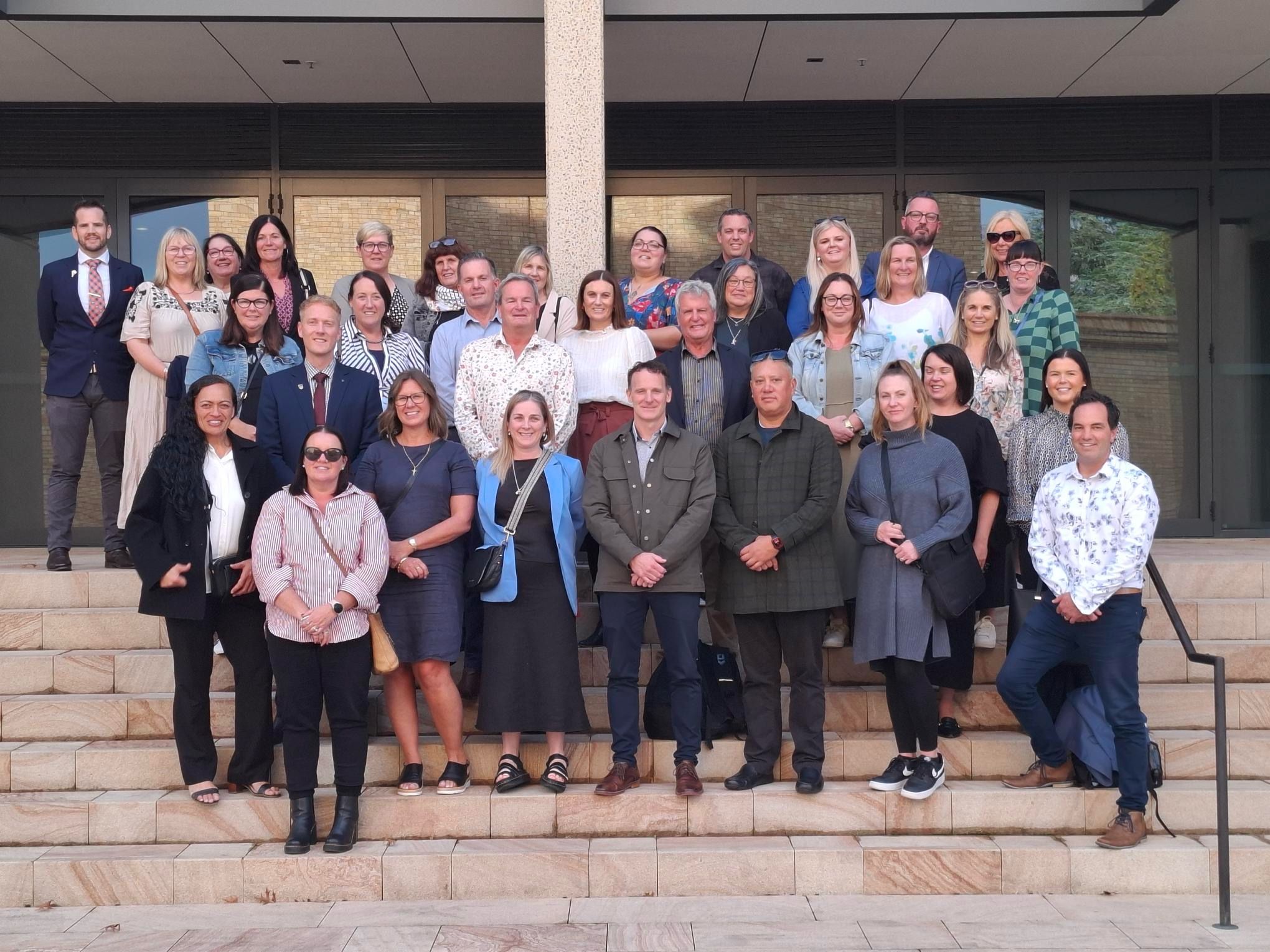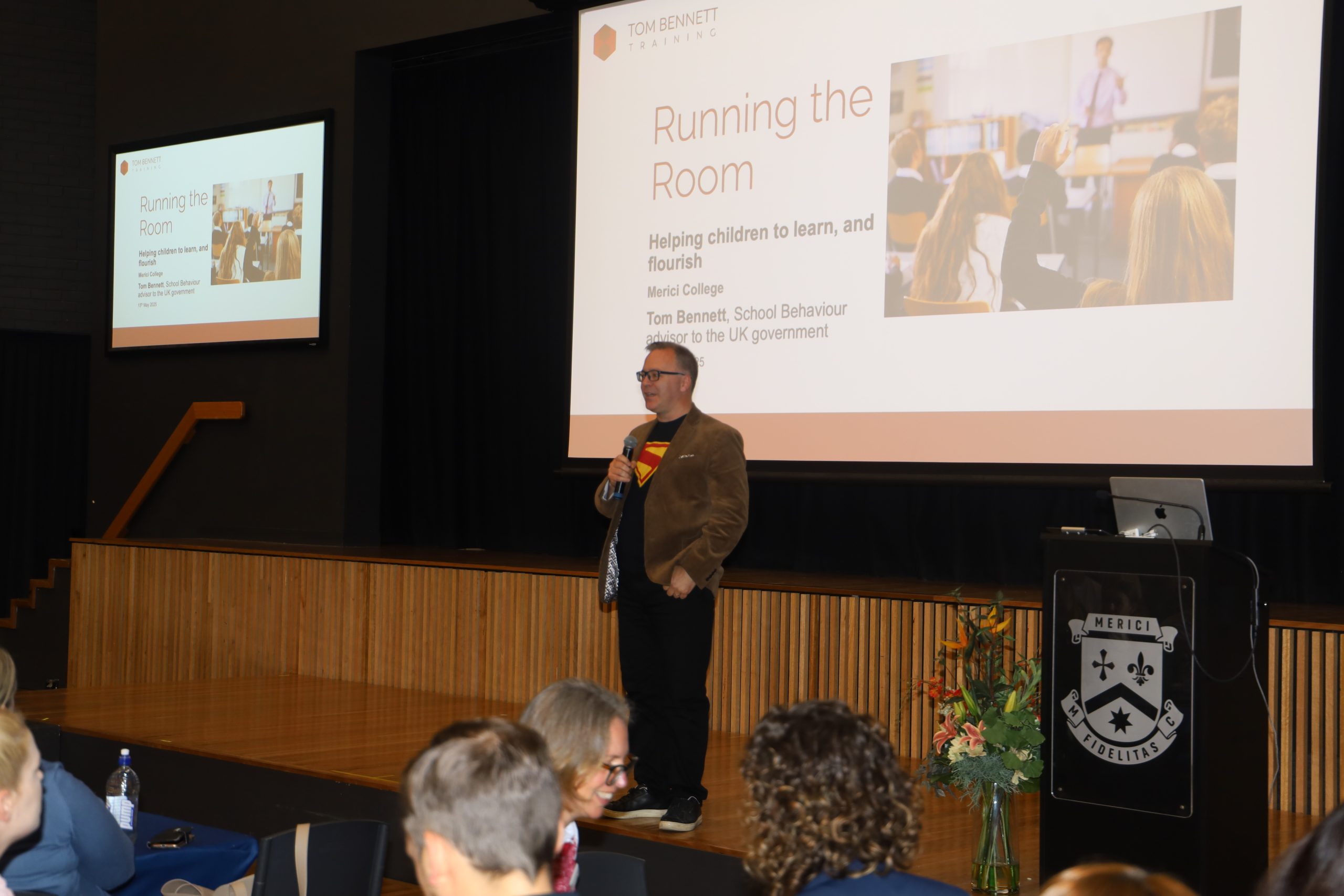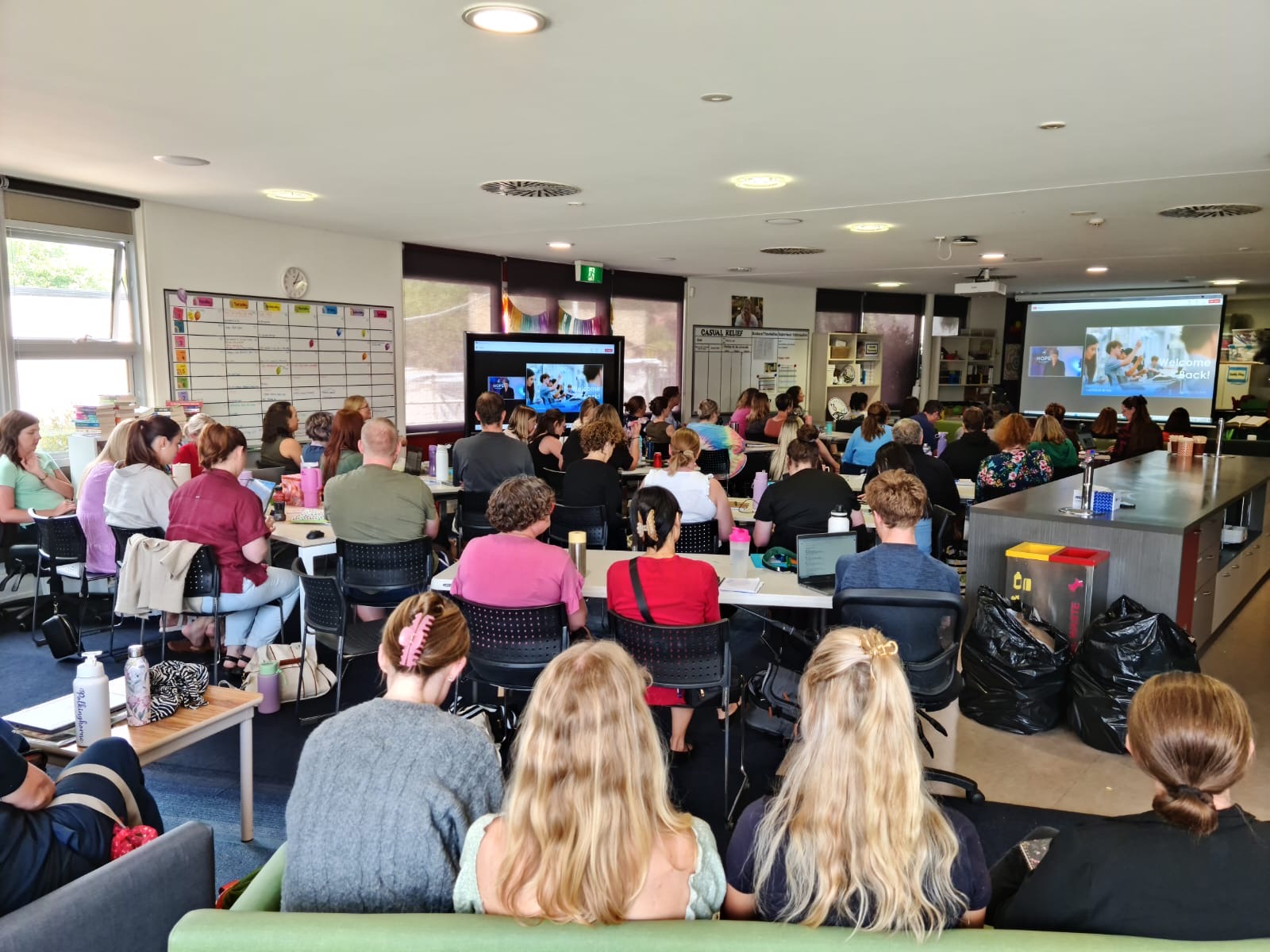
The Impact
Since implementing Catalyst across 56 Schools, we are increasingly seeing evidence of the positive impact on teaching practice and student learning. Through professional learning provided to teachers, it is clear there is strong evidence to translate the research of the Science of Learning and Science of Reading into classroom practice.
THE EVIDENCE
The future of teaching and learning is bright
A comprehensive monitoring and evaluation strategy considers a range of criteria to measure success for the Catalyst program. Explore some ways we are measuring early signs of the impact of Catalyst across the CECG archdiocese.



Our ability to measure outcomes and impact, and to showcase the benefits of the Catalyst program for our teachers and students, has been critical throughout implementation to determine program success. As such, CECG engaged Deloitte Access Economics (DAE) as an external, objective evaluator to monitor and evaluate the program during the initial implementation period.
The DAE evaluation of the approach sought to establish a baseline analysis of system performance, pre-Catalyst, and understand how Catalyst was introduced and implemented. From this baseline, DAE has published their findings on progress made over the course of the three-year implementation period, providing an early assessment of the impact of Catalyst across the system.
Commencing in 2020, Catholic Education Canberra & Goulburn (CECG) launched Catalyst by implementing evidence-based teaching practice in every school in the Archdiocese. In less than three years, 56 schools, 1,700 teachers and over 21,000 students have engaged in the Catalyst journey in some way.
Explore our findings from the first three years of program implementation, and what’s next for Catalyst.
In 2021, we first introduced the Dynamic Indicators of Basic Early Literacy Skills 8th Edition (DIBELS) to monitor the development of early literacy and early reading skills in K-2. With additional reading based assessments, we can access more reliable data to inform our baseline level of reading across year levels and inform our teaching practices to support students’ individual learning needs.
In the coming years, we will continue to use these assessment measures to track improvement in reading outcomes.
The NAPLAN achievement data underscores the positive impact of the Catalyst program across the Archdiocese. When comparing year-on-year data for 2023/24, the Australian Curriculum Assessment and Reporting Authority (ACARA) identified the Top 20 Schools Making a Difference. Notably, 13 out of the 20 top schools in the ACT were Catholic Education Canberra-Goulbourn (CECG) schools.
75% of CECG students are assessed as proficient readers, significantly exceeding the national average of 66% in 2024.
To measure the outcomes and impact of the Catalyst program, CECG engaged Deloitte Access Economics (DAE) to conduct an external analysis. Commencing in January 2022, DAE took a phased approach to evaluating the effectiveness and influence of Catalyst on schools.
In their final report, DAE has produced six case studies on schools of varying demographic and socio-economic status throughout the Archdiocese. These case studies provide a comprehensive overview of the program’s achievements, using academic outcomes as a success measure for students, and belief and advocacy to assess the impact for teachers. DAE also identified areas for improvement for each school.
Testimonials
“The Catalyst program, launched by the Canberra and Goulburn Catholic Archdiocese is the most groundbreaking and courageous initiative in recent Australian educational history.
The impact of Catalyst has extended far beyond the Canberra and Goulburn Archdiocese. Countless educators, schools and systems have either visited and learned from Catalyst or taken inspiration from it to implement changes that have had an impact across Australia. Catalyst really has been a catalyst for positive change in education and continues to be a shining light for education in Australia.”
“The integrity of the (Catalyst) design, the quality of the implementation and the belief of the staff – school and central – are all strong predictors of improved learning outcomes. As is the foresight to pursue ongoing evaluation for system learning and refinement, and the transparent sharing of the key outcomes as they emerge so the whole system can celebrate the success.
CECG deserves tangible impacts in headline student learning measures in coming years, as the transformation process continues and matures.”
“Lesson design, including the introduction of Daily Review can challenge even the most altruistic of teachers, so Catalyst had the foresight to remove this barrier and reduce teacher workload by creating resources. Not surprisingly, because teachers were allowed to focus on the delivery of high impact instruction, the quality of teaching that I have observed in Canberra-Goulburn Archdiocese schools has been nothing short of exemplary.”
“We believe our strong (NAPLAN) performance is a result of the change in pedagogy we have undergone in recent years. We set very high expectations, and we revisit the same idea over and over again and do multiple checks for understanding with students’ understanding every lesson.”
In addition, the explicit teaching methods have not just delivered higher academic standards, but also has led to happier and more engaged students, “and when you have more focused kids, you get more learning done.”
Keep up to date
Latest News


Insights from Tom Bennett – how to create calm and supportive classroom environments to maximise learning
